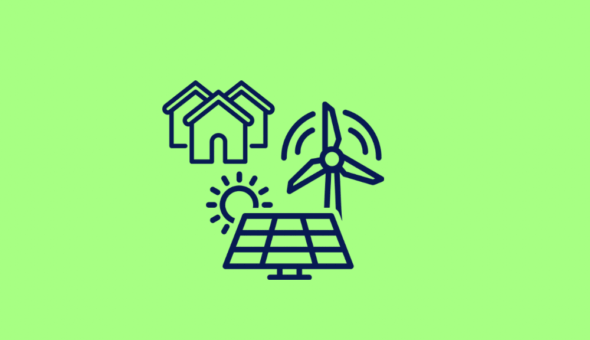Dr Aurelie Charles is an economist, social scientist and senior lecturer in global sustainability with particular expertise in group behaviour in socio-ecological interactions. Her new book, ‘Sustainable Earnings in a Resilient Economic System: The Power of Groupthink in Channelling Finance Towards Sustainable Goals’ is available in open access now.
Since childhood, I have always been fascinated to see the way our actions are often tainted by our upbringing, culture, beliefs and values, which has the tendency to silence slowly our child’s voice inside. The cognitive process through which decision-making and its resulting actions can depart from the actual experience of life when cognitive biases come in and distract us from this experience. Yet, those cognitive biases then serve as the basis for decision-making. While we experience hundreds of cognitive biases, from risk-aversion to confirmation bias, the book seeks to focus on one only: group bias or “groupthink” leading to herd-behaviour. As such, there is a limited scope on the wide range of cognitive biases impacting on decision-making but the focus on group bias remains central to economics and resource allocation.
The core argument presented in the book is that a resilient economic system must address "groupthink"—the collective behaviours that shape financial accumulation—by fostering fluid financial relationships that can withstand external shocks. The book draws on ideas from Elinor Ostrom’s social-ecological systems, Kate Raworth’s Doughnut Economics, and Mariana Mazzucato’s mission-oriented policy framework to propose a new paradigm where sustainability is defined as the "pursuit of life." This perspective calls for financial flows to support ecological balance and social equity, moving beyond the conventional focus on material production.
The book explores how financial flows and earnings are influenced by group behaviour rather than individual decision-making. It shows how current financial systems prioritize group-based accumulation, which leads to financial bubbles and ecological degradation. And, are the current patterns of group accumulation sustainable? Well, it depends on the definition of “sustainability”.
If sustainability is understood as a self-sustaining process of earning accumulation, then the current tacit rules on group norms are certainly self-sustainable and here to stay. Many examples of group norms exist which illustrate how they can create bubbles of consumption which are ecologically damaging; for example, pine trees at Christmas, or Bonfire night in the UK when tones of CO2 are released in the atmosphere, etc. etc. etc. Taken out of its “group” context, even the group in question would recognise that it does not make ecological sense.
If sustainability is understood as “the pursuit of life” as it is in this book, then the extent to which current financial flows feed into a resilient economic system able to feed the needs of sustaining life on Earth, then no. There is however hope in the way bottom-up initiatives and community-led management of eco-systems have been able to tap into the power of groupthink. The final Chapter therefore makes open-ended propositions on how to improve the fluidity and resilience of financial flows, with and without groupthink. For example, adding the group dimension to the Sustainable Development Goals’ framework, from bottom-up, could restore ecological entitlements at the heart of decision-making and rebalance finance between species to nurture biodiversity. But linking international and national finance to local initiatives without greenwashing effects would require taking ‘groupism’ rather than ‘individualism’ seriously in policy-making. Ironically enough, it is also an individual task for each of us to go back to the point of “experience” in decision-making: sensing the ecological context of decision-making to trigger one’s individual responsibility for one’s ecological footprint.
Aurelie’s new book, ‘Sustainable Earnings in a Resilient Economic System: The Power of Groupthink in Channelling Finance Towards Sustainable Goals’ is available now.
All articles posted on this blog give the views of the author(s), and not the position of the IPR, nor of the University of Bath.
Respond




